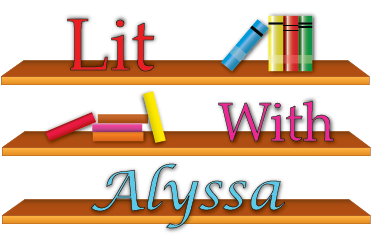Lit with Alyssa
Anderson reviews John Green’s “Paper Towns”
More stories from Alyssa Anderson

I have a lot of beef with John Green.
While I can’t deny his books are captivating, highly enjoyable and often memorable reads, I can’t seem to get over his ludicrous portrayal of young women, especially in his 2008 novel “Paper Towns.”
Before I delve into the catastrophe that is this book, I feel like I should address the fact that every John Green novel has the same vanilla, heteronormative and vaguely misogynistic plot.
Although he is repeatedly hailed as a “revolutionary” in the world of young adult literature, Green seldom strays from his usual theme: A nerdy white boy falls madly in love with an ultra-beautiful, quirky girl with just enough baggage to make her mysterious and interesting.
The generally boring male protagonist yearns for this girl, with the hope that her love will save him from his life of mediocrity and self-pity. Herein lies the plot of “Paper Towns.”
John Green’s highly acclaimed novel centers around Quentin Jacobsen, a mediocre, white, nerdy boy whose unhealthy obsession with his enigmatic and beautiful neighbor, Margo Roth Spiegelman, teaches him a lesson or two about life, friendship and how not to deal with unrequited love.
After Margo and Quentin engage in a night of mysterious shenanigans, Margo skips town, prompting Quentin to take it upon himself to hunt her down and “save” her, even though nobody asked him to.
Quentin obsessively searches for Margo, frantically looking for clues and messages that may help him find the girl he supposedly loves despite barely knowing her.
I was first introduced to John Green’s books when an epidemic of Green fever bombarded my high school. Caught up in the craze, I put myself on several library waiting lists to see what all the fuss was about.
Eventually, you guessed it, I fell victim to his spell. Until recently, I was obsessed with this guy. I was under the impression that he was some sort of messiah within the teen romance novel community.
Everything changed when I watched the movie adaption of “Paper Towns.” Seeing the obnoxious plot play out on the big screen prompted me to revisit the novel I once held in such high esteem.
Just like that, the spell was broken. I finally saw the book for what it really was — a pretentious book chock full of unrealistic portrayals of teenagers, especially teenage girls.
Throughout the book, Green almost obsessively focuses on Margo’s appearance while basically ignoring the physical aspects of any other character. Green only focuses on the aspects of Margo that are alluring or quirky, the aspects that attract Quentin to her.
She is nothing but a one-dimensional “manic pixie dream girl” whose sole purpose is to teach the male protagonist a lesson. I find it offensive Green decided to treat Margo’s character as an object rather than a human.
Get it together, John.
Although I agree he sheds light on an important truth, I still cannot endorse this book. As a self-respecting feminist and literature aficionado, this book upsets me in more ways than one.
First of all, the plot is just plain stupid. I don’t want to spoil anything for you potential readers out there, but don’t say I didn’t warn you. The entirety of this novel is completely unrealistic, especially the characters.
If I had to praise Green for anything, I would have to say he excels at creating the most ridiculous teenage characters I have ever encountered. When I was reading this book, and most of his other books, I found myself rolling my eyes and asking “who does that?” more often than I would have liked.
If you enjoy pseudo-quirky, pretentious and often cringe-worthy characters, a ridiculous plot along with some unsettling portrayals of young women, “Paper Towns” is just the book for you.
Nevertheless, I strongly urge you to take my advice and avoid falling into its trap. After looking past its cute cover and witty prose, it’s nothing more than a pompous love story for teenagers who can’t yet grasp the concept of love. Please, don’t waste your time.










